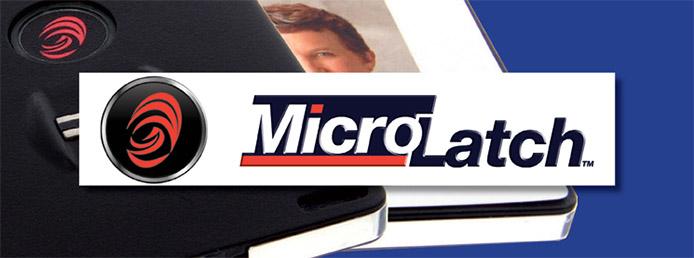Apple has reportedly inked a deal with Microlatch to use the firm's fingerprint recognition technology in near-field communications applications, possibly hinting that the iPhone maker is serious about introducing e-wallet functionality to future devices.
David Murray, lead investor of the five-year-old company and former head of the Commonwealth Bank, told The Australian that Microlatch has an agreement with Apple to develop fingerprint-based identification technology, though declined to discuss the matter further.
Microlatch owns patents for what Murray calls "self-registering" fingerprint biometrics that supposedly meet banking security standards without requiring processing or storage.
"There have been acquisitions that suggest that people are positioning themselves around these biosecurity products securing mobile phones in a far more satisfactory way for people," Murray said.
While the details of the reported deal remain sparse, it appears Apple is actively looking for some type of biometric solution to be used in conjunction with NFC to facilitate fast and secure digital payments. Apple purchased fingerprint sensor maker AuthenTec in July for $356 million, a move which sparked a firestorm of rumors that speculated a future iPhone would implement the firm's technology.
Key to the acquisition was AuthenTec's "Smart Sensor" fingerprint reader, an advanced component once used in products made by HP, Dell, Lenovo and others. The fingerprint sensor maker announced in September that it would no longer be supplying components to existing customers, reportedly causing a "state of panic" as the tech companies were forced to find replacements.
Before the iPhone 5 and iOS 6 debuted last month, there was rampant speculation regarding a possible Apple-backed e-wallet based on Passbook, an app that stores and organizes digital coupons, gift cards and tickets. The rumors turned out to be just that, however, and it may be some time before Apple lines up the right technology to develop a product ripe for release.



